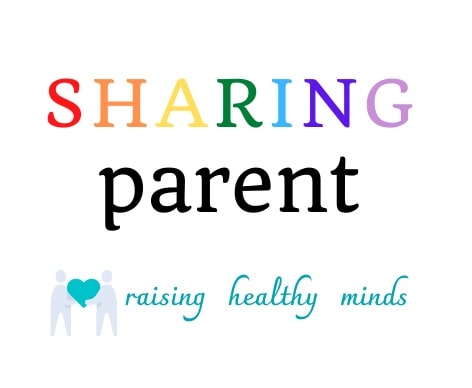As a parent, you’re probably familiar with the “attention span” problem. The average adult can only pay attention to a couple of things at once before being forced to switch gears. And that’s before we even get into the challenges of teaching children to focus. It’s no wonder that kids have so many problems focusing in school. They’ve got so much else to do! But, there is hope. Research has shown that it’s possible to teach children to focus better and retain information longer. In this post, I’ll share a few simple ways to help your children learn to focus better and have better attention spans.
Attention Spans by Age
It’s common knowledge that children are born with a limited attention span, but it’s not until we’re in our teens that most of us have a clear understanding of just how short our attention spans really are. According to a study by the University of Texas, the average human attention span has been steadily declining for the last 50 years, and the average attention span today is only 12 seconds. In this post, we’ll talk about the importance of developing a healthy attention span as an adult, and why it’s so important for adults to keep their attention spans in check.
Average attention spans work out like this:1
- 2 years old: four to six minutes
- 4 years old: eight to 12 minutes
- 6 years old: 12 to 18 minutes
- 8 years old: 16 to 24 minutes
- 10 years old: 20 to 30 minutes
- 12 years old: 24 to 36 minutes
- 14 years old: 28 to 42 minutes
- 16 years old: 32 to 48 minutes
It’s worth noting that some developmental researchers put the upper limit at five minutes per year of a child’s age, meaning a 2-year-old could be able to focus on a task for up to 10 minutes at a time. Of course, these are only generalizations. And how long a child is truly able to focus is largely determined by factors like how many distractions are nearby, how hungry or tired the child is and how interested they are in the activity. But if your child’s attention span is shorter than average, that’s worth addressing.
How to extend a child’s attention span
A few simple strategies might help your child find greater focus.
Bring creativity to tasks your child doesn’t enjoy.
A kid who dislikes math won’t focus well on math homework, so let him work out problems in finger paint on an easel first and copy the work onto the homework sheet later.
If you think your child will be bored by a task, try to find ways to make it fun for him. For example, if he doesn’t like doing his math homework, you can take the problem and make it into a game. He might enjoy that more than just doing the assignment.
Check-in frequently with your child when they’re working on hard tasks.
If you notice that your child is getting distracted, don’t wait for them to tell you. Instead, stop them and ask what’s going on. Ask them if they’re feeling overwhelmed or confused about what they’re trying to do. If they say yes, then you need to help them find a way to overcome that feeling.
A kid who feels overwhelmed or confused by the project they’re working on will and get distracted quickly. At the beginning of the task, help them identify potential stumbling blocks. For example, if question 5 seems especially daunting, for example, start with that one and help your child figure out how to approach it.
Build-in short breaks for tough tasks and rewards.
A 12-year-old might be able to give 40 minutes of focus to a project when it’s broken into two 20-minute chunks with a five-minute break in between. Include a reward system for your child. Giving a child a small reward after he or she completes a task may help them get started on a project they’ve been procrastinating on.
Get reading
Another way to hone your child’s attention is by encouraging them to read. There aren’t necessarily any “tricks” to it beyond carving out time every day to read. Develop a routine of 20 to 30 minutes of reading during your lunch break, before work or before bed.
As you read, block out distractions such as phone notifications. Consider rereading a book with which you’re already familiar. Or, try reading the same paragraph a few times in a row, searching for nuances or new observations.
Exercise and rest
Regular activity and physical exertion can help boost attention span, but so can periods of focused rest. Mindfulness exercises and meditation are also linked to better focus
Do you have any additional tips to improve your child’s attention?


Comments are closed.